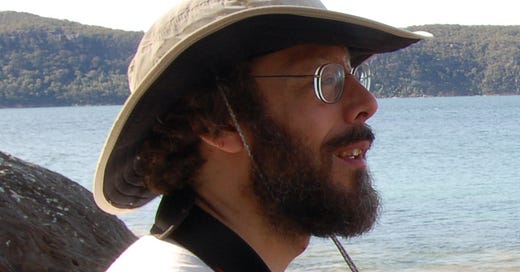Q&A with After Dinner Conversation author, Geoffrey Hart
A bite-sized interview for your Sunday morning.
If you would like to be profiled in this newsletter, here’s how.
Keep reading with a 7-day free trial
Subscribe to After Dinner Conversation® - Philosophy | Ethics Short Story to keep reading this post and get 7 days of free access to the full post archives.




